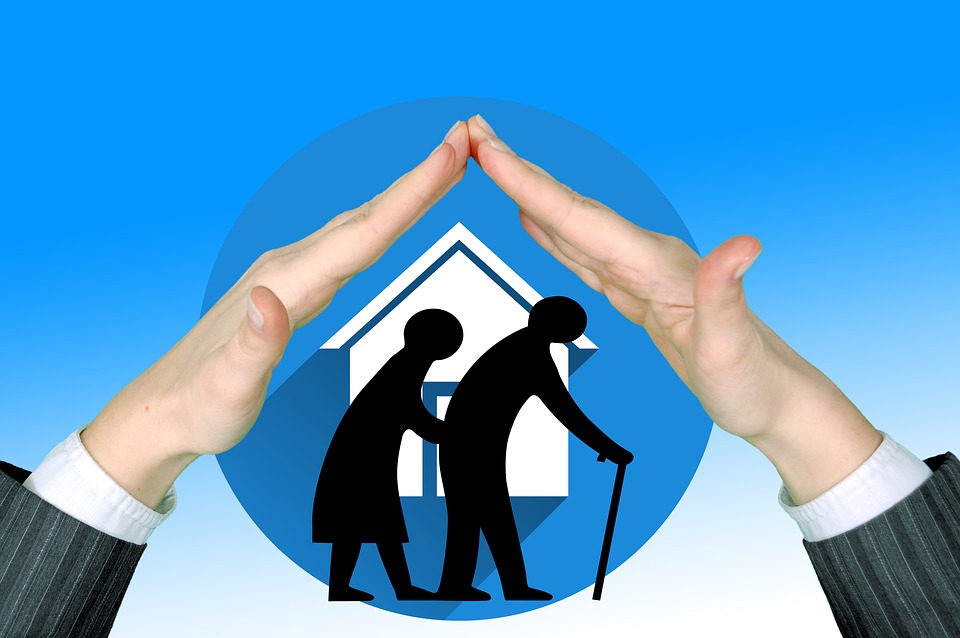What You Should Know Before Meeting Reverse Mortgage Lenders
Retirement is quite an expensive undertaking. For the majority of the people, their income decreases and their bills increase. If you own a home, reverse mortgage lender can help alleviate your financial burden of retirement. You should note that these loans are also called home equity conversions, HECM. The following are things to know about them:
What is a reverse mortgage?
The main i dea is centered around the value of your home. In this case, your property’s equity is its true value less any outstanding loans. For instance, if your home is valued at $160,000 and you have $50,000 owed to a bank, your equity is $110,000. You are allowed to borrow against the equity in your house and at the same time halting payments on the house’s note. However, you will continue paying insurance and taxes on the property. The fact that the loan is meant for senior citizens, you must be at least 62 years to get the loan. Also, the home must be your primary residence.
dea is centered around the value of your home. In this case, your property’s equity is its true value less any outstanding loans. For instance, if your home is valued at $160,000 and you have $50,000 owed to a bank, your equity is $110,000. You are allowed to borrow against the equity in your house and at the same time halting payments on the house’s note. However, you will continue paying insurance and taxes on the property. The fact that the loan is meant for senior citizens, you must be at least 62 years to get the loan. Also, the home must be your primary residence.
How it is dispersed
The main aim of this loan is to help people in retirement supplement their incomes. Each person has his or her financial duties. Reverse mortgage experts can work with you to find the appropriate disbursement method. You can get a lump sum, which is deposited into your savings account. The other option is monthly payments to homeowners for life.
If you have problems handling money, you can choose the latter option has it provides you with a steady income. Another option is having a line of credit, which you can use at your discretion. This is an amazing option if you are handling month-to-month bills, but you do not have adequate finances to pay for expenses such as medical bills or damaged car.
When do you get the loan
The good thing about reverse mortgage loan is that it helps you stay in your residence. Also, a non-borrowing partner can continue living in this residence, payment free, until he or she dies. For borrowers to live in the home until death, they are required to pay insurance and property taxes, offer it basic upkeep, and have a title in their names. When this loan is due, heirs are free to pay it up and continue keeping the residence, allow the bank to sell it, or sell it to pay the loan. You can discuss with the reverse mortgage specialists to know the best option for you.
it helps you stay in your residence. Also, a non-borrowing partner can continue living in this residence, payment free, until he or she dies. For borrowers to live in the home until death, they are required to pay insurance and property taxes, offer it basic upkeep, and have a title in their names. When this loan is due, heirs are free to pay it up and continue keeping the residence, allow the bank to sell it, or sell it to pay the loan. You can discuss with the reverse mortgage specialists to know the best option for you.

